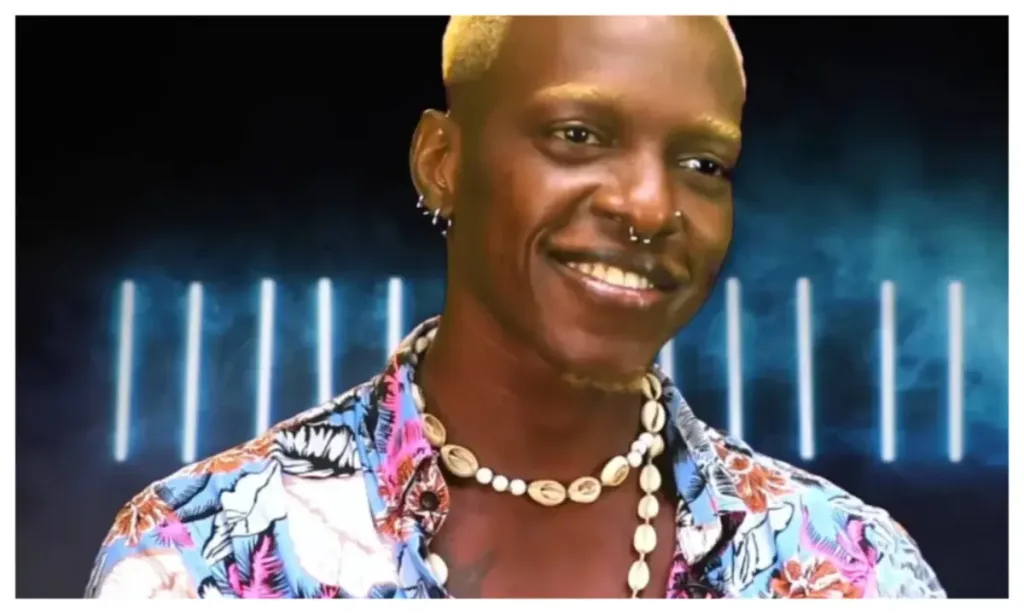Chibuzor Iyele, known to fans as Hermes from the Nigerian reality show Big Brother Naija, has opened up about his turbulent childhood marked by financial hardship and his mother’s departure. During an appearance on the talk show WithChude, the television personality recounted how his family’s stability unraveled after his father, a former UNICEF employee, lost his job, leading to years of struggle and a fractured household.
The crisis began when Hermes’ father could no longer sustain the family’s livelihood, forcing them to relocate to an unfinished building. “When things got bad, we moved into an uncompleted building,” he recalled. “My mum didn’t want to come with us, so she left that night and didn’t return for seven years.” The abrupt exit of his mother left Hermes and his siblings solely under their father’s care during a period of profound uncertainty.
Despite the emotional toll of abandonment, Hermes credits his father’s resilience and compassion for shaping his outlook. “My dad raised us with love, and that’s why I still have love for my mum today,” he explained. His father’s efforts to provide emotional stability, even amid dire circumstances, became the foundation for Hermes’ ability to process his mother’s absence without bitterness. Reflecting on her decision, he acknowledged the strain in his parents’ marriage, suggesting that his mother’s departure might have been a response to untenable circumstances. “Their marriage wasn’t happy, and maybe she just did what she had to do,” he said.
The reality star’s candid revelations underscore broader themes of familial resilience and the long-term impacts of parental choices. While his childhood was marked by instability, Hermes emphasized that his father’s unwavering support helped him avoid resentment. His story resonates with many navigating similar challenges, illustrating how acts of caregiving can mitigate the scars of abandonment.
Though he has reconnected with his mother in adulthood, Hermes’ narrative remains anchored in gratitude for his father’s sacrifices. The interview sheds light on the complexities of family dynamics, offering a nuanced perspective on forgiveness and the lasting influence of a parent’s love during adversity.
